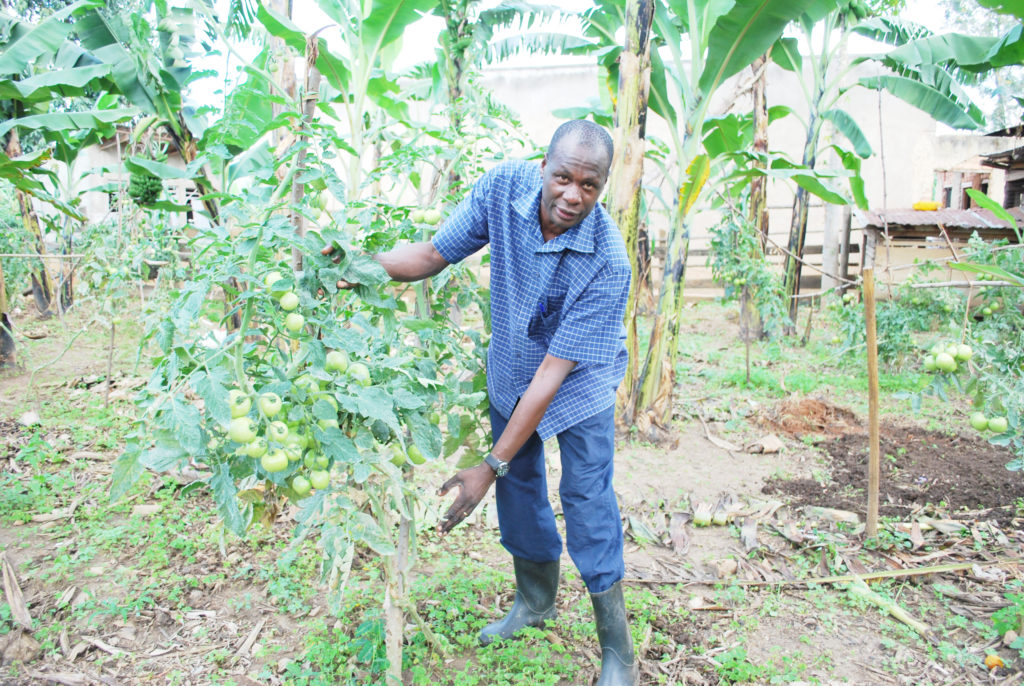Alarmed by a potential rise in food insecurity during the COVID-19 pandemic that could push millions of people into hunger, a not-for-profit based in Abuja is urging the citizenry to establish home gardens and plant tress to mitigate the impact of food shortages during and after the crisis.

According to the Global Initiative for Food Security and Ecosystem Preservation (GIFSEP), it is adopting a livelihood enhancement initiative aimed at creating a healthier, more food and a secure environment for all.
It said in a statement on Friday, June 12, 2020 that palliatives from the government and other charity organisations are barely enough for many of the vulnerable people and is usually lacking in vegetables and fruits that are required for nutritional security especially for growing children.
The idea, according to the group, is to supplement household nutrition with a diversity of vegetables and plants during this period and post COVID-19. Homestead gardening is a short- and long-term intervention to boast food and vegetable production in communities and households, GIFSEP noted.
“The impact that homestead gardening can have for food security in communities is significant,” said David Mike Terungwa, the GIFSEP team lead.
“As the rains bless our country, now is the best time to start a garden and plant a tree. We must therefore collectively act now not just with our brains but with our hands to mitigate the impact of food shortages and hunger to defeat the hunger virus. We urge people who have spaces in and around their homes to grow a combination of medicinal plants and herbs as base and then grow vegetables and legumes, such as pumpkin, spinach, bitter leaf, curry, water leaf, jute leaves, clove, eggplant, okra, tomatoes, and pepper, among others.
“On the other hand, we also encourage people to plant trees in their homes. Depending on availability of space, we urge people to plant a fruit and an indigenous tree. Examples of some of the trees include moringa, citrus, mango, pear, coconut, guava, and pawpaw,” he stressed.
He listed inherent benefits to include provision of fruits, nuts and medicine; provision of shade and cooling; biodiversity conservation and climate resilience; clean air and healthy environment; and, increase in carbon sequestration.
Terungwa added: “Now is the time to teach our children the miracle of life by engaging them in home gardening and tree planting activities now that they are locked down at home. The best time to establish a garden and plant a tree in your home was 20 years ago. The second-best time is now.
“GIFSEP will offer free guide to individuals, volunteers and households who wish to establish home gardens and plant trees.”
